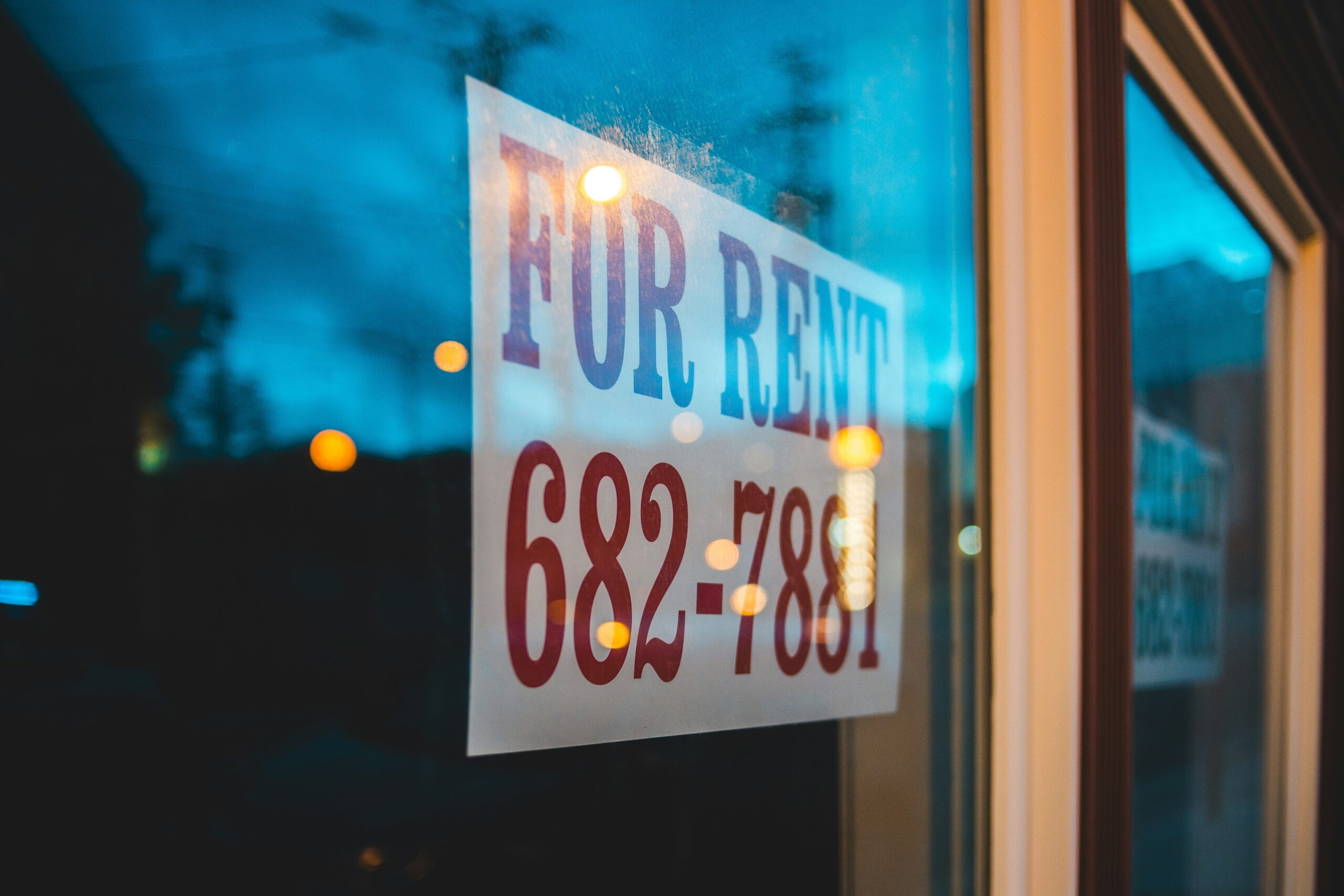
Being a landlord can be a lucrative and rewarding venture, but it also comes with its fair share of legal responsibilities. Unfortunately, many landlords unknowingly make mistakes that can lead to costly legal battles and headaches. To help you avoid these pitfalls, we’ve compiled a list of the top 10 legal mistakes landlords make.
1. Failure to Use a Written Lease Agreement
One of the biggest mistakes landlords make is not having a written lease agreement in place. Verbal agreements may seem convenient, but they leave both parties vulnerable to misunderstandings and disputes. A written lease agreement protects both the landlord and the tenant by clearly outlining the terms and conditions of the tenancy.
2. Inadequate Tenant Screening
Another common mistake is failing to conduct thorough tenant screenings. It’s essential to verify potential tenants’ backgrounds, including their credit history, employment status, and rental history. By doing so, you can minimize the risk of renting to unreliable or problematic tenants.
3. Ignoring Fair Housing Laws
Landlords must familiarize themselves with fair housing laws to ensure they do not discriminate against potential tenants based on their race, religion, gender, disability, or other protected characteristics. Violating fair housing laws can lead to costly legal consequences and damage to your reputation.
4. Neglecting Property Maintenance
Keeping your rental property in good condition is not only essential for attracting tenants but also for complying with legal obligations. Neglecting property maintenance can result in safety hazards and code violations, putting you at risk of legal action from tenants or local authorities.
5. Mishandling Security Deposits
Many landlords make the mistake of mishandling security deposits, which can lead to disputes and legal battles. It’s crucial to follow your local laws regarding security deposits, including properly documenting the condition of the property before and after the tenancy and returning the deposit within the specified time frame.
6. Not Providing Proper Notice
When it comes to terminating a tenancy or making changes to the rental agreement, landlords must provide proper notice to tenants. Failing to do so can result in legal complications and potential lawsuits. Familiarize yourself with the laws in your jurisdiction regarding notice periods and requirements.
7. Improperly Handling Evictions
Evictions can be a challenging and sensitive process. Many landlords make the mistake of mishandling evictions, leading to delays and legal complications. It’s crucial to follow the proper legal procedures and seek professional advice if needed to ensure a smooth and lawful eviction process.
8. Violating Privacy Rights
Respecting your tenants’ privacy rights is not only the ethical thing to do but also a legal requirement. Landlords should give proper notice before entering the rental property and avoid unnecessary intrusions. Violating privacy rights can lead to legal disputes and damage your relationship with your tenants.
9. Failing to Obtain Adequate Insurance
Insurance is a crucial aspect of protecting your rental property and yourself as a landlord. Failing to obtain adequate insurance coverage can leave you vulnerable to financial losses in the event of accidents, natural disasters, or lawsuits. Consult with an insurance professional to determine the right coverage for your specific needs.
10. Not Seeking Legal Advice When Needed
When in doubt, it’s always best to seek legal advice. Many landlords make the mistake of trying to handle legal matters on their own, which can lead to costly mistakes. Consulting with an attorney who specializes in landlord-tenant law can help you navigate complex legal issues and ensure compliance with all applicable laws.
In Conclusion
Avoiding these common legal mistakes can save you time, money, and stress as a landlord. By being proactive and knowledgeable about your legal obligations, you can create a positive and legally compliant environment for both yourself and your tenants.
Remember, prevention is better than cure, and taking the time to educate yourself on these legal pitfalls can go a long way in protecting your investment and maintaining a successful landlord-tenant relationship.












